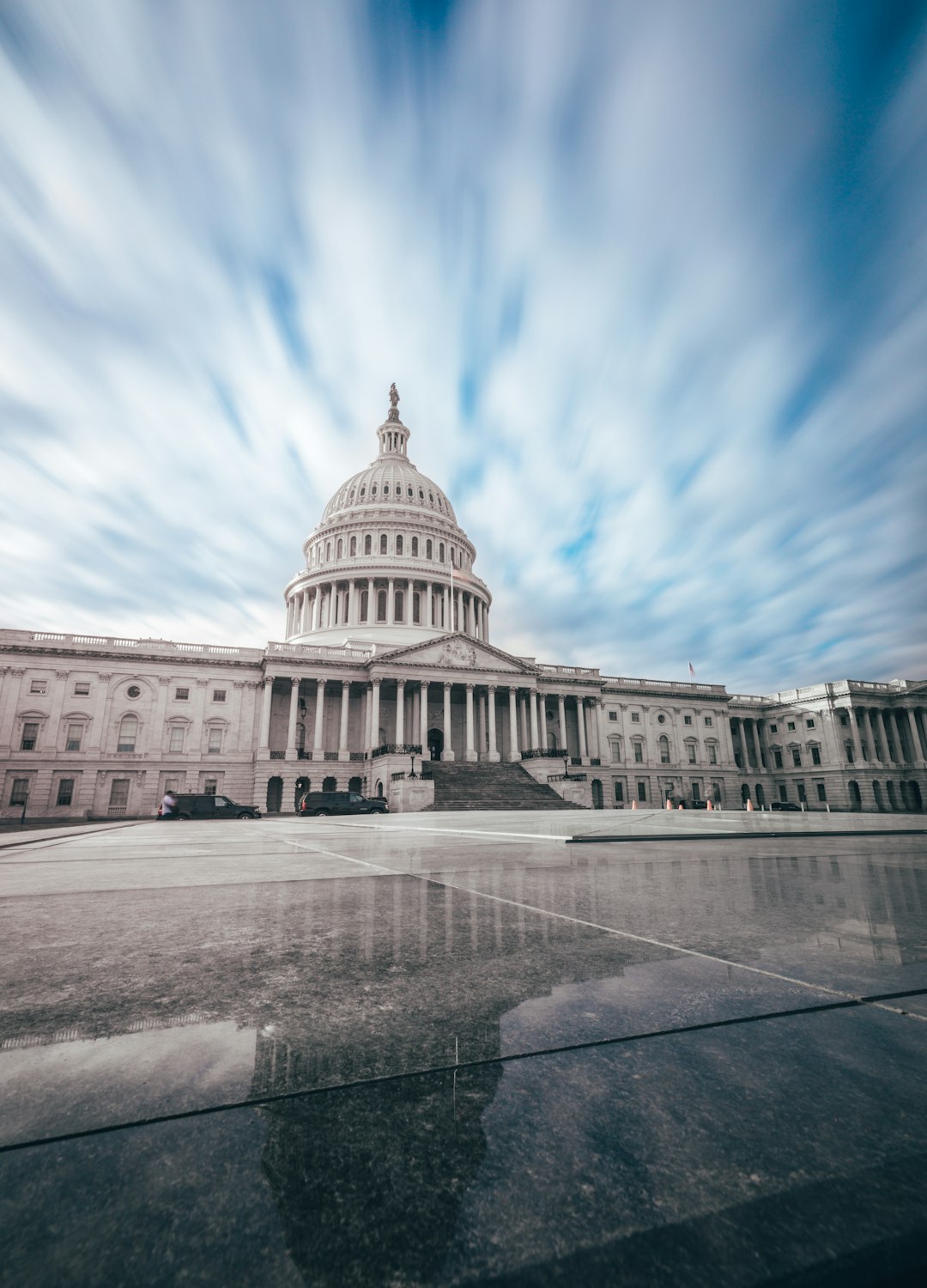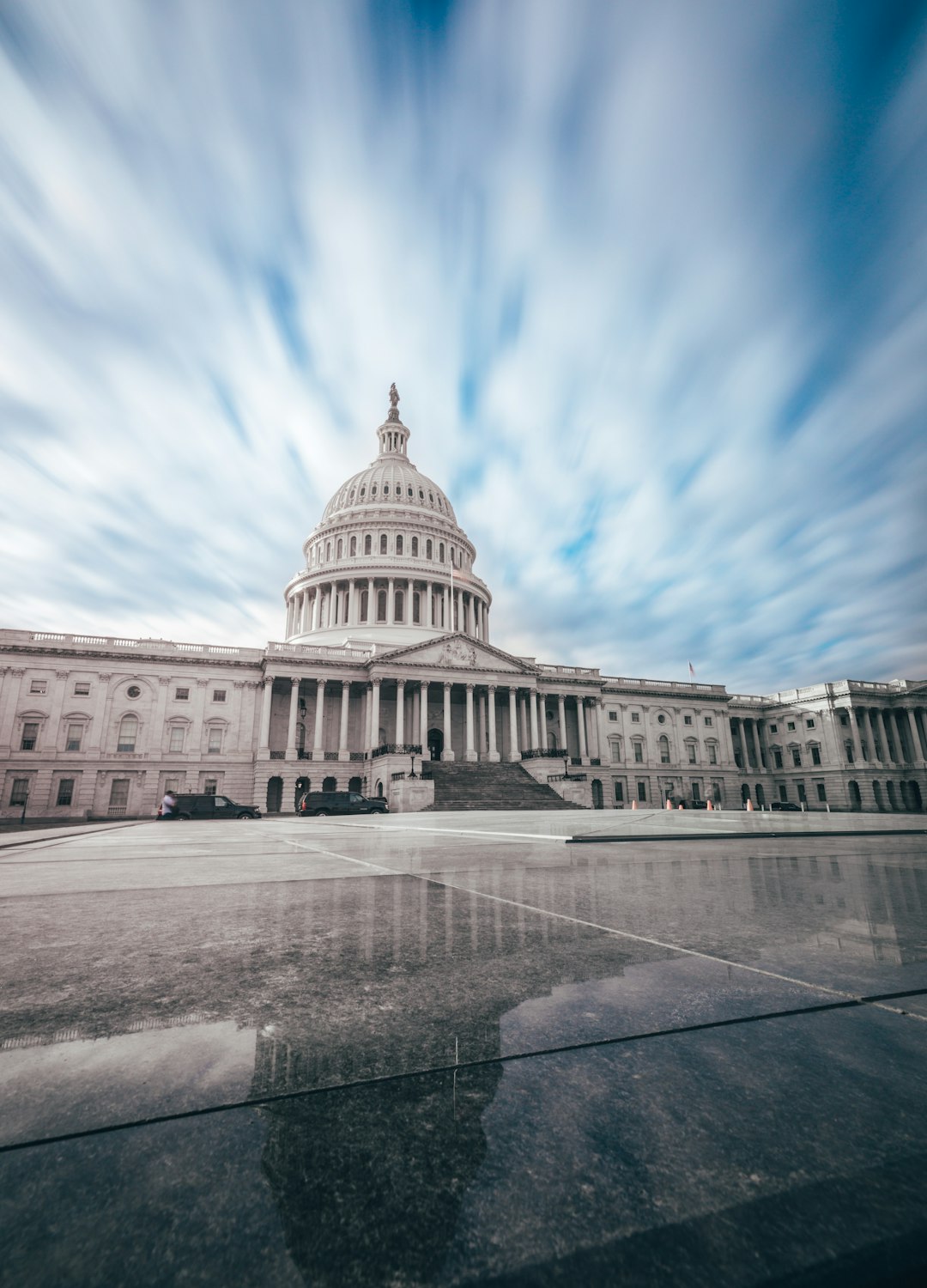Robocalls, despite being a common marketing tool, pose significant cybersecurity risks. Automated calls can transmit malware or trick recipients into disclosing sensitive information. In Washington, DC, with the rise of robocall law firms, understanding this link is crucial for consumers and businesses to protect against cyber threats. The Telephone Consumer Protection Act (TCPA) and state laws offer safeguards, but illegal robocalls require expert legal action from a robocall lawyer or attorney in Washington. A multi-pronged approach including call authentication, blocking, training, and legal support from reputable robocall law firms is essential to stay protected.
In today’s digital age, robocalls have become a ubiquitous yet unsettling part of our daily lives. While they may seem like harmless marketing tools, the rise of sophisticated robocallers poses significant cybersecurity risks. This article explores the intricate connection between robocalls and cybersecurity, delving into how automated calls can expose sensitive data to threats, and what legal protections are in place for consumers in Washington, with a focus on the role of a robocall lawyer or attorney. We also provide insights on enhancing cybersecurity measures against these relentless virtual intruders.
The Rise of Robocalls and Their Impact on Cybersecurity

In recent years, the proliferation of robocalls has significantly altered communication dynamics, particularly in the context of telemarketing and political campaigns. With advancements in technology, automated calls have become a ubiquitous part of our daily lives, connecting businesses with potential customers or spreading political messages. However, this rise in robocalls presents a new frontier for cybersecurity concerns. As more individuals rely on their phones as primary communication devices, the frequency and sophistication of these automated calls can create vulnerabilities that bad actors exploit.
The impact of robocalls extends beyond mere annoyance; they can serve as potential entry points for malicious software and phishing attempts. A robocall lawyer or attorney in Washington, DC, might highlight how these automated messages may carry malware-infected links or prompts designed to trick recipients into revealing sensitive information. With a growing number of robocall law firms specializing in this area, understanding the connection between robocalls and cybersecurity is crucial for both consumers and businesses alike. This knowledge enables them to safeguard against such threats, ensuring the integrity of their digital environments.
How Robocalls Can Expose Your Data to Threats

Robocalls, while often considered a nuisance, can pose significant risks to your cybersecurity. These automated phone calls, commonly used for marketing purposes, can be a vector for cybercriminals to gain access to sensitive information. When you answer a robocall, you may unknowingly connect with a malicious actor who is looking to steal personal data or install malware on your device.
In many cases, robocallers use social engineering tactics to trick recipients into revealing confidential details. They might impersonate government agencies, banks, or trusted companies to gather information such as passwords, credit card numbers, or Social Security IDs. A robocall lawyer in Washington or a robocall attorney at a reputable law firm can help individuals understand their rights and take legal action against these fraudulent calls. By understanding the potential risks, users can become more cautious and protect themselves from falling victim to cyber threats originating from robocalls.
Legal Aspects: Robocall Regulations and Consumer Protection

In the United States, the Telephone Consumer Protection Act (TCPA) serves as a cornerstone of legislation aimed at curbing excessive robocalls and protecting consumer privacy. This federal law restricts the use of automated dialing systems and prerecorded messages for marketing purposes, giving consumers more control over their phone lines. Washington state has also implemented its own strict rules regarding robocalls, further reinforcing consumer protection measures.
When it comes to dealing with illegal robocalls, a robocall lawyer or robocall attorney in Washington can provide crucial guidance and representation. Consumers who have been affected by harassing or unauthorized robocalls may seek legal recourse against the perpetrators. Reputable robocall law firms in Washington specialize in navigating the complexities of this area of law, helping clients understand their rights and options, including potential compensation for damages incurred due to intrusive robocalls.
Enhancing Cybersecurity Measures Against Robocalls

With the rise in robocalls, enhancing cybersecurity measures against these automated calls is more critical than ever. Robocall lawyers and attorneys in Washington state are at the forefront of this battle, helping individuals and businesses combat the growing threat of fraudulent and malicious robocalls. A robust cybersecurity strategy involves a multi-layered approach to protect against these automated intrusions.
One key step is to implement strong call authentication protocols, such as STIR/SHIM, which can verify the identity of incoming calls. Additionally, using advanced caller ID filtering and blocking technologies can significantly reduce the volume of unwanted robocalls. Businesses should also educate their employees about phishing attempts and social engineering tactics often employed by scammers posing as legitimate organizations. Collaborating with a reputable robocall law firm in Washington ensures that individuals and companies have access to legal expertise tailored to navigate this complex landscape, offering peace of mind and robust protection against cyber threats emanating from robocalls.






